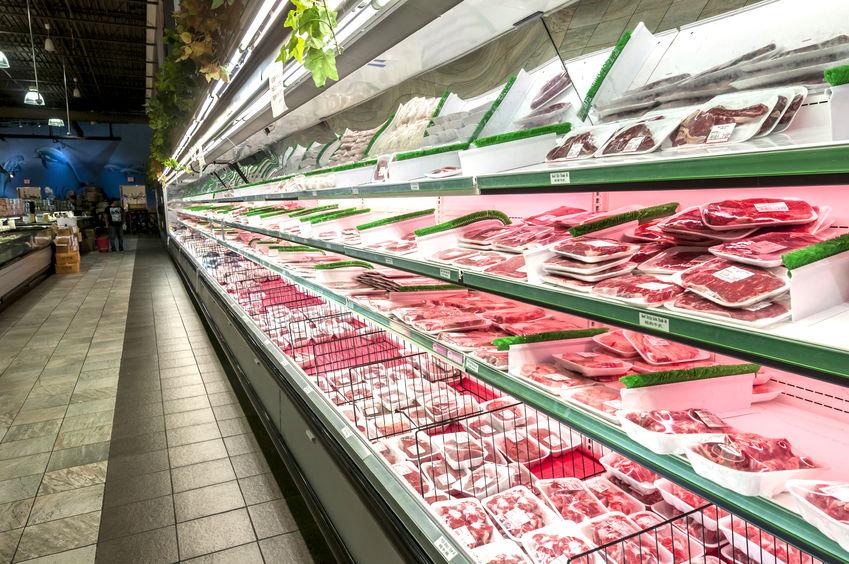
Farmers and campaigners took to the stage to debate if society will still be eating meat by the year 2100.
The Oxford Farming Conference (OFC) debate “This House Believes Eating Meat Will Be A Thing of the Past By 2100” was a controversial topic for a chamber full of farmers.
Across the world, meat plays a significant part in people's diets and lives. In the UK, which is a proud producer of world-class lamb and beef, veganism is up by 360% in the last 10 years.
Some examples shown recently to counter this trend by the farming industry includes world dairy leaders issuing a call for the industry to challenge vegan activism and the pig industry vowing to battle it by increased promotion and education of British pork.
A show of hands in the debate chamber at OFC confirmed that 2% of the 396 in the room were smokers. Eighty-two years ago, the same question would have seen 98% raise their hand.
Eighty-two years from now, could the 5% who believed meat would be a thing of the past by 2100- in a poll before the debate started - become a majority 95% of non-meat eaters?
Same old product
Emily Norton, dairy farmer and researcher, denied it would happen in her argument opposing the motion.
She lit a candle to demonstrate how, despite the vast improvement and undeniable convenience of the electric light, candles still exist, and consumers still pay over the odds for them.
Environmental campaigner - and vegan - George Monbiot, put forward a case as the first proposer of the motion for the strain meat production put on the world’s land.
The quickest solution to slow climate breakdown, he said, is to change from a meat-based to a plant-based diet.
He said that land used to produce food for animals could be used much more efficiently to produce more food for the growing world population.
It may seem marginal now, he said, but it will become entirely ordinary “in the same way that the motor car replaced the horse and carriage or the computer replaced the typewriter.”
Nature and farming
Welsh hill farmer, Gareth Wyn Jones, countered George Montbiot’s speech with a pull on hearts and minds, recalling generations of hill farmers who have preserved the land and how nature and farming can live as one.
He called for city people to be brought back into rural life - to rebuild the connection through education and engagement.
He recounted a story of a vegan who had visited his farm last summer from the city, and after a day spent together, they agreed to disagree - but he did ask the vegan if he had been Gareth’s son, growing up on a farm, if he thought he would be a vegan, and the reply was ‘no’.
Gareth recognised in a small concession that if he is to see his grandchildren farming sheep on the Welsh mountains, consumers will need to eat less meat for it to be sustainable, but he urged the floor to see that through education and bringing people out on to farms, consumers would make their own choice and no doubt, he argued, choose to eat meat.
Human population
The final view came from Philip Lymbery from Compassion in World Farming, who supported the first proposer’s argument for preserving the world’s agricultural land and use it instead for plant-based production.
He said that when cattle and sheep were first domesticated for meat there were one million people on the planet. Now there are nine billion.
Some humorous contributions from the floor included Stuart Agnew MEP suggesting that if we all moved to a plant-based diet, the flatulence would lift the roof, but also that we will need sheep to feed the wolves and leopards as part of Mr Monbiot’s rewilding plans.
Mr Fell took the floor with a poem, integrating the meat argument into the events of the day in clever prose.
The motion failed ultimately, with a vote of 276 noes and 120 ayes, but the proposition managed to persuade a further 100 to its viewpoint through debate.
Eve Turow Paul, an American writer attending the conference, commented after the debate: “I left feeling scared after the debate for you farmers. You feel safe in what you family has been doing forever but your children are not going to be farming in the same way.”
